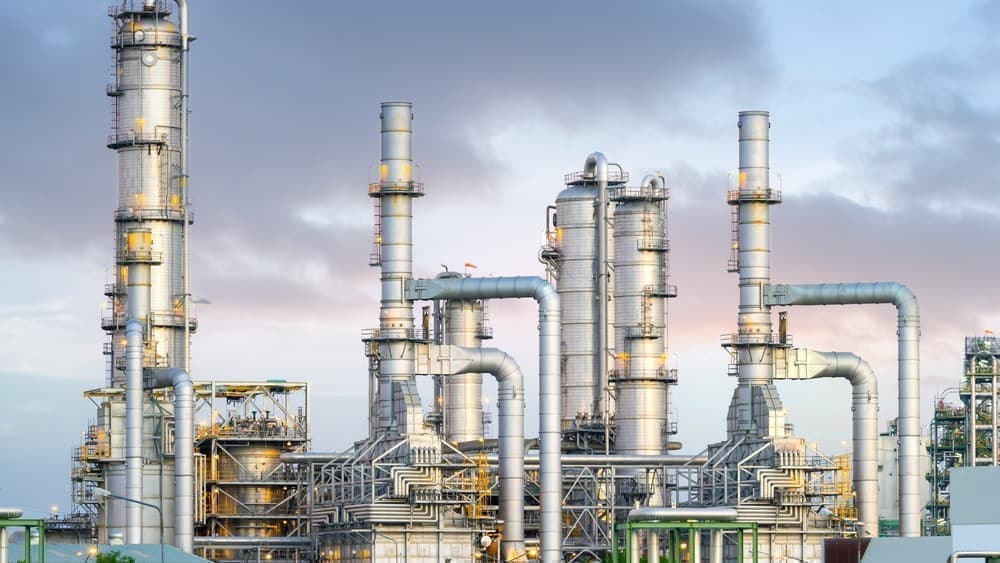Navigating India’s Energy Landscape: Challenges of Rising Oil and Gas Imports
As India continues to experience rapid economic growth, its energy needs have surged, leading to an increased reliance on imported crude oil and natural gas. According to recent statistics, oil import dependency has risen to 88.2% in the first half of FY25, while natural gas imports now account for 51.5% of consumption. This trend raises important questions about India’s energy security and the economic implications of such high import levels.
The Growing Energy Crisis
India’s energy landscape is becoming increasingly precarious as the gap between rising energy consumption and stagnant domestic production widens. The pressures of urbanization and industrialization are pushing demand for energy resources, making it imperative for India to address its heavy reliance on imports. This dependency not only poses risks to energy security but also threatens economic stability.
Recent Trends in Oil and Gas Imports
The Ministry of Petroleum has reported a significant increase in crude oil imports, which rose from 115.9 million tonnes in H1 of the previous fiscal year to 120.5 million tonnes this year. The jump in natural gas import dependency from 46.8% to 51.5% highlights the urgency for India to evaluate its domestic production capabilities and address the underlying issues contributing to this reliance.
Challenges Facing Domestic Energy Production
The stagnation in domestic oil and gas production can be attributed to several challenges:
- Regulatory and Bureaucratic Barriers: Complex regulations and lengthy approval processes hinder the timely development of new projects.
- Insufficient Technological Advancements: A lack of investment in modern extraction technologies limits production efficiency and output.
- Infrastructure Limitations: Aging infrastructure and a need for modernization make it difficult to maximize production from existing fields.
Economic Risks Associated with High Import Dependency
The rising dependency on imported energy has far-reaching economic implications for India:
- Increased Inflation: The higher costs associated with energy imports contribute to inflation, impacting the overall cost of living.
- Trade Imbalances: A growing trade deficit due to heavy import bills puts pressure on the Indian rupee and poses risks to economic growth.
- Global Market Vulnerability: Reliance on foreign energy sources exposes India to fluctuations in global energy markets, potentially leading to supply disruptions.
Steps Toward Sustainable Energy Solutions
To mitigate the challenges posed by rising import dependency, India must pursue a multi-faceted approach:
- Boosting Domestic Production: Streamlining regulations and creating incentives for investment in domestic oil and gas exploration can help bridge the gap between supply and demand.
- Embracing Renewable Energy: Investing in renewable energy sources, such as solar, wind, and hydropower, can significantly reduce reliance on fossil fuel imports.
- Strategic Oil Reserves: Developing strategic oil reserves will provide a buffer against global supply disruptions and price volatility.
- Promoting Cleaner Energy Alternatives: Expanding the use of natural gas can serve as a transitional strategy, reducing carbon emissions while meeting energy needs.
Charting a Sustainable Energy Future
India’s increasing reliance on imported oil and gas presents significant challenges that need urgent attention. By focusing on domestic production, renewable energy, and strategic policy reforms, India can work toward achieving energy independence. A comprehensive approach will not only enhance energy security but also foster economic resilience in an ever-evolving global energy landscape.






